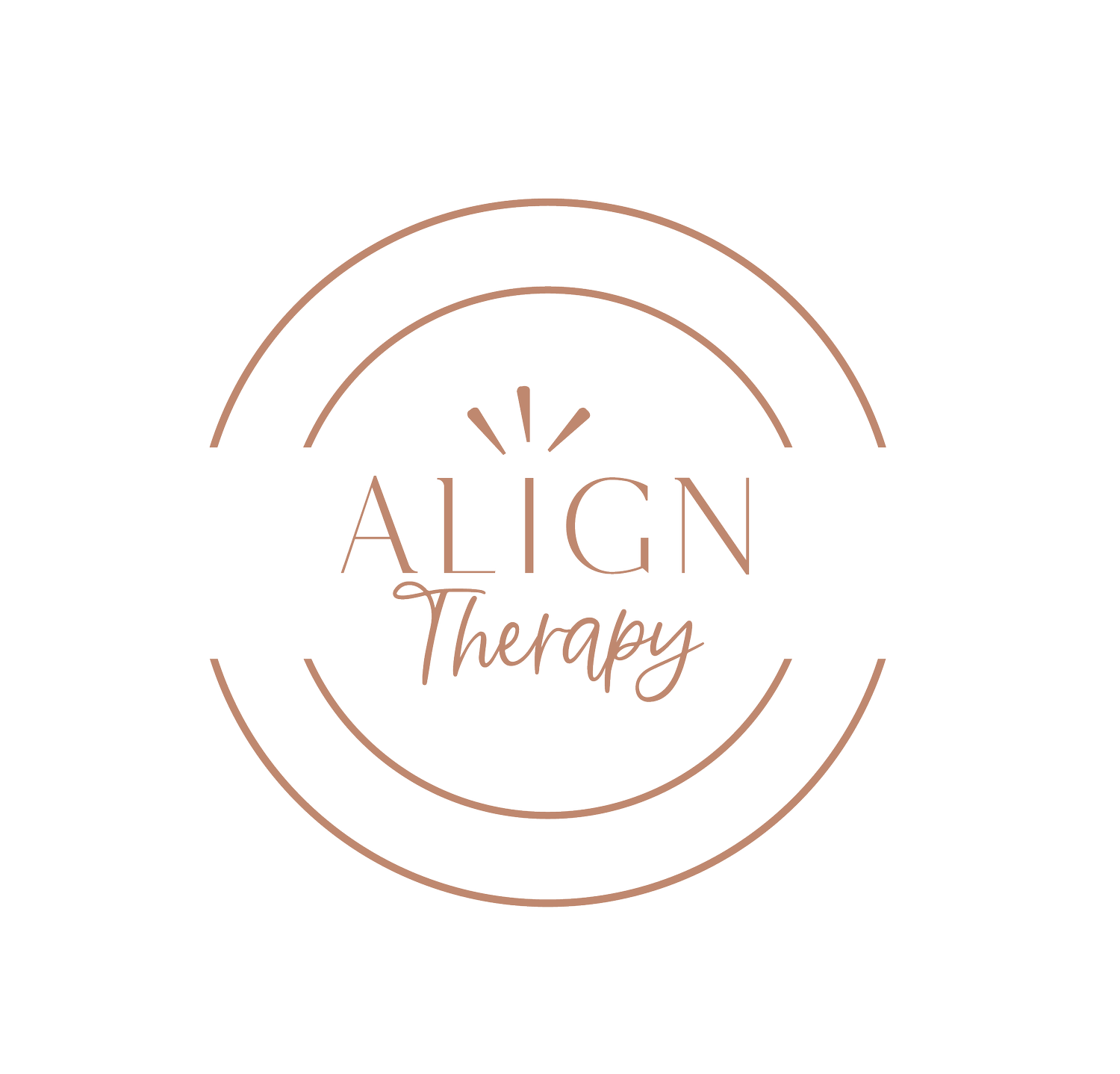What to Expect from Grief Counseling
Grief is an unavoidable part of the human experience, encompassing our emotional response to significant losses. Unfortunately, our culture often struggles to address loss openly, encouraging people to "move on" prematurely.
While death is the most recognized form of loss, grief can stem from various sources, including pet loss, relationship endings, and miscarriages. Each loss is unique, shaped by relationship dynamics, duration, and circumstances. Recognizing and honoring these diverse forms of grief is crucial for healing and support.
Grief counseling can help you process losses beyond the death of a loved one. You mourn for a life you imagined but never experienced due to trauma, or grieve the loss of a familiar lifestyle after a major change. Perhaps you're grappling with missed opportunities or unfulfilled dreams. Even the realization of years spent struggling with body image issues can trigger grief. Counseling provides a safe space to explore these complex emotions and find healthy ways to move forward.
What Happens After a Loss?
Grief is an unpredictable rollercoaster of emotions, ranging from overwhelming tsunamis to subtle ripples. You might experience acute pain, struggle to eat or get out of bed, or feel numb and disconnected. Shock, denial, and inappropriate laughter are common reactions. Daily tasks may become challenging, and you might feel misunderstood by others.
Most people cycle through these feelings, which are normal and deserve compassion. Grief can strike unexpectedly, while anticipated difficult moments may prove easier than imagined.
You may find that emotions resurface unexpectedly, especially during significant moments or milestones. The anniversary of your loss, becoming a parent, or the birthday of the deceased can trigger intense feelings. Familiar places, scents, or seasonal changes also evoke memories and renew your grief. These resurgences are normal and don't indicate a setback in your healing journey. Embracing these moments contributes to your long-term emotional well-being.
How Will Grief Counseling Help?
Grief counseling provides a compassionate, judgment-free space to process your feelings and find meaning in your loss. You'll develop healthy coping mechanisms through therapy and learn to honor your emotions while moving forward.
A skilled therapist will guide you with empathy and gentle challenges, incorporating mind-body techniques to address root causes. You'll gain tools to grieve authentically, permission to feel deeply, and strategies to continue living while respecting your loss. Ultimately, counseling helps you navigate the complex journey of grief with dignity and support.
Personalized Guidance Through Grief
No matter what type of loss you've experienced, you can expect compassionate, tailored support in grief counseling. As an experienced counselor, I've guided clients through their unique grief journeys. Whether you're mourning a loved one, a relationship, or a significant life change, we'll work together to process your emotions, develop coping strategies, and find meaning in your experience. My sessions provide a safe, non-judgmental space to express yourself and gradually move towards healing and growth.
What to Expect During Grief Counseling Sessions
During grief counseling, you'll have a safe space to express your emotions and thoughts about your loss. I will listen without judgment, helping you process your grief at your own pace. Sessions may involve discussing memories, exploring coping strategies, and addressing any guilt or anger you're experiencing. You might engage in therapeutic activities like journaling or art therapy. Remember, there's no "right" way to grieve, and I will tailor the approach to your unique needs and healing journey.
I offer a supportive and compassionate environment for individuals seeking therapy to cope with grief. I provide a safe, non-judgmental space to process emotions and guide you through the healing journey of any loss. Grieving is a deeply personal experience, and my approach is tailored to your unique circumstances and needs. Book a consultation today to learn more.

